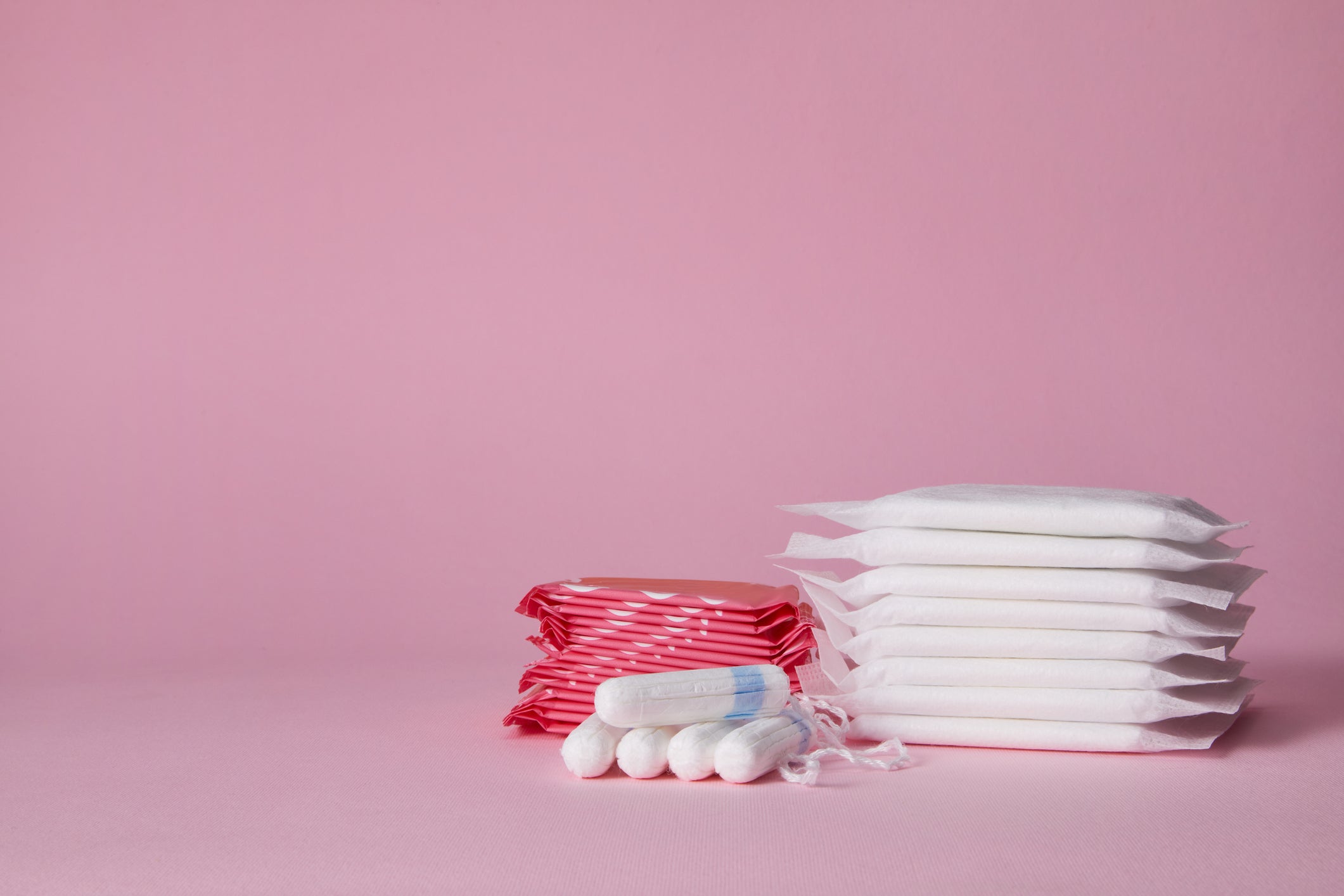Schoolgirls struggle to access basic period protection, research suggests
The research was carried out by global hygiene and health company Essity, which is working alongside Tesco and charity In Kind Direct on its hygiene poverty campaign

Your support helps us to tell the story
From reproductive rights to climate change to Big Tech, The Independent is on the ground when the story is developing. Whether it's investigating the financials of Elon Musk's pro-Trump PAC or producing our latest documentary, 'The A Word', which shines a light on the American women fighting for reproductive rights, we know how important it is to parse out the facts from the messaging.
At such a critical moment in US history, we need reporters on the ground. Your donation allows us to keep sending journalists to speak to both sides of the story.
The Independent is trusted by Americans across the entire political spectrum. And unlike many other quality news outlets, we choose not to lock Americans out of our reporting and analysis with paywalls. We believe quality journalism should be available to everyone, paid for by those who can afford it.
Your support makes all the difference.New research has found that more than one in five 22 per cent of schoolgirls struggle to access basic period protection.
A study that looked at 2,500 parents of girls who menstruate, aged eight to 18, found period poverty is the reality for many, who can't always provide for their children during their time of the month.
As many as 34 per cent say their daughter has left for school without the necessary supplies, while 14 per cent have taken the day off to avoid any embarrassment. It was revealed that children between the ages of 12 and 18 missed 108 hours of schooling because of this.
Of those who do make it to school, 19 per cent rely on there being free items such as towels, pads, and tampons available. But 29 per cent said their child’s school is often without period protection.
In addition to towels, pads, and tampons, 21 per cent say they sometimes can’t afford to buy toilet roll at home and 44 per cent said their daughters have often reported a lack of loo paper at school.
The research was carried out by global hygiene and health company Essity, which is working alongside Tesco and charity In Kind Direct on its hygiene poverty campaign, which will see essential hygiene products, including Bodyform period pads, donated to charities throughout the UK.
Spokesperson for Essity, Gareth Lucy said: “Whilst many of us are feeling the pinch at the moment, most are still fortunate enough to afford every day essential hygiene products. But for many, affording items like period products and toilet paper has become impossible.
“In Kind Direct has brought together some of the biggest hygiene product manufacturers in the world alongside Tesco who together will donate over a million essential items to charity.”
Rosanne Gray, CEO In Kind Direct, said: “We hear heart-breaking stories from our charitable network on a weekly basis about families using rolled up socks as period pads, as they can’t afford to buy these items as budgets are so stretched.
“That’s why we’re working with our long-standing partner Essity to help get essential period products into the hands of people who need them.”
‘Schoolgirls have had to improvise and use alternatives for period protection’
The study also found that 26 per cent of schoolgirls have had to improvise and use alternatives for period protection.
Around 84 per cent had to use toilet paper, 24 per cent used kitchen rolls and 21 per cent chose to wash more regularly.
Others have had to use napkins (20 per cent), change their clothes (19 per cent) or double up underwear (18 per cent).
Of those parents who have found themselves unable to afford to buy period products, 45 per cent have asked family and friends to help out.
While 43 per cent have endeavoured to source what their child needs from a GP, hospital or place of work.
And 43 per cent have visited a food bank or local charity to get what they need.
Only 73 per cent of all parents polled say they can always provide pads and tampons for their child while they are on their period.
Across the nation, those living in Birmingham, Liverpool, London and Manchester fare the worst when it comes to accessing protection – with 25 per cent respectively having struggled.
While children in Leeds (23 per cent), Sheffield (21 per cent) and Leicester (16 per cent) have also experienced period poverty at some point.
And although many families are privileged enough to afford the basics – even those who can afford monthly protection know of others who can’t (23 per cent).
Of those aware of their child’s friends struggling, 87 per cent gave the child tampons or pads because they couldn’t afford them.
While 42 per cent spoke to the child’s school to raise awareness of the situation.
Gareth Lucy for Essity added: “It’s unforgivable that in 2023 we have girls missing school and therefore missing out on critical education because they can’t access the necessary protection during their period.
“We’ve been donating 1.2m pads per year since 2017 but the problem is getting worse and more needs to be done.”



Join our commenting forum
Join thought-provoking conversations, follow other Independent readers and see their replies
Comments